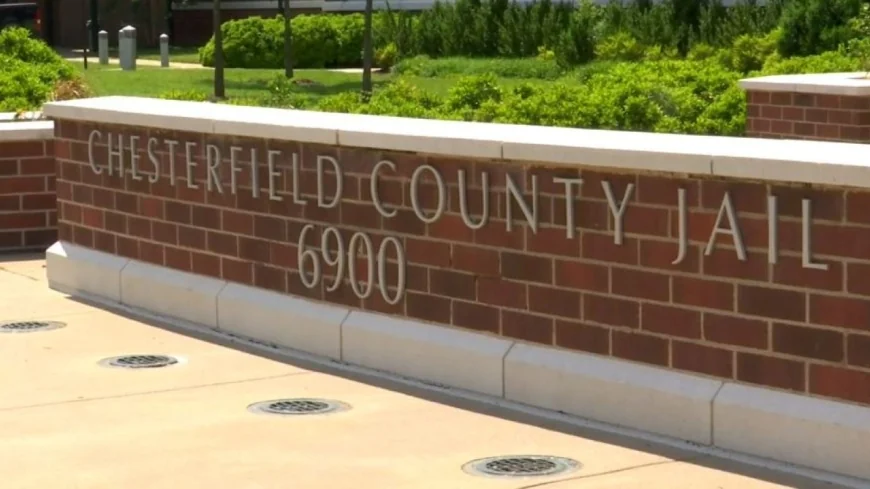Multiple intensive recovery programs combat addiction in Chesterfield through Court and Jail Program

CHESTERFIELD COUNTY, Va. (WRIC) -- Intensive programs in Chesterfield County are combating addiction and helping people turn toward recovery through the county's Court and Jail Program.
Instead of relying only on incarceration, the county is developing an in-depth approach to support those seeking recovery after struggling with substance abuse disorders, according to a release.
Recovery Court
The Recovery Court, established in 2000, is considered one of the county's most important initiatives. It is reportedly an intensive 14-month program that includes multiple weekly drug screenings, individual and group therapy, family counseling, employment or educational requirements and more.
Participants follow a five-phase treatment plan and can move forward at their own pace as they meet specific requirements laid out by the program, per a release. Those successful in the program may see a reduction or dismissal of charges, offering an incentive for rehabilitation and recovery.
However, those who do not finish the program may see a return to the standard sentencing process.
Veteran Treatment Docket
Another initiative, Veteran Treatment Docket, which launched as a pilot program in December 2023, is also a court-based initiative that helps former service members in the criminal justice system.
It includes a five-phase plan similar to the Recovery Court with aspirational goals for those struggling. Veterans participate in regular drug testing, court appearances and therapeutic services. Many of these are coordinated through the U.S. Department of Veterans Affairs and the county’s Mental Health Support Services Department.
Many are assisted by veteran mentors to offer guidance and support.
"The goal is to promote accountability while reconnecting veterans with resources and a renewed sense of purpose," the release reads.
Programs beyond the courtroom
Outside of the courtroom, the county emphasized Chesterfield's Community Corrections Services, which supports adults on probation or awaiting trial, ensuring they stay employed and treated.
Additionally, programs including the Center for Risk Reduction (CORR), and the Dual Treatment Track (DTT), provide customized services for people struggling with substance abuse, and may use programs like Moral Reconation Therapy (MRT), outpatient counseling, drug testing and cognitive behavioral groups.
While CORR and DTT are both designed for different people, they help individuals meet their legal obligations while maintaining their sobriety and avoiding the justice system.
For more information about the programs and to read the full release, click here.

 VENN
VENN 





